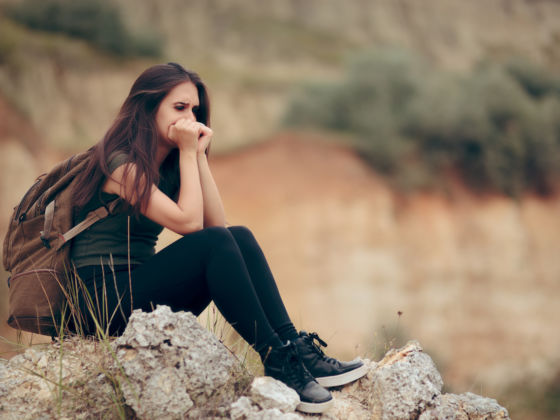Anxiety sucks. Let’s be real, the feeling of panic, fear, and heightened nerves can hugely affect your travels. Personally, it took a toll on my social life, job, physical health and general wellbeing. I can vividly remember times in my life where I was completely debilitated as a result of severe anxiety. I quit my dream job in Japan, moved across the world, and avoided traveling for a year because of my symptoms.
My recovery was anything but short and my anxiety will never be “cured”, but there are a handful of coping mechanisms (outside of medication) I have adopted into my life especially when I am on the road that has helped to alleviate my symptoms. I’m no mental health expert, and recovery will look different for everyone, but I hope that these tips will provide you with some relief from your symptoms and restore your wanderlust.
Here are 7 useful life hacks I learned from traveling with anxiety.
